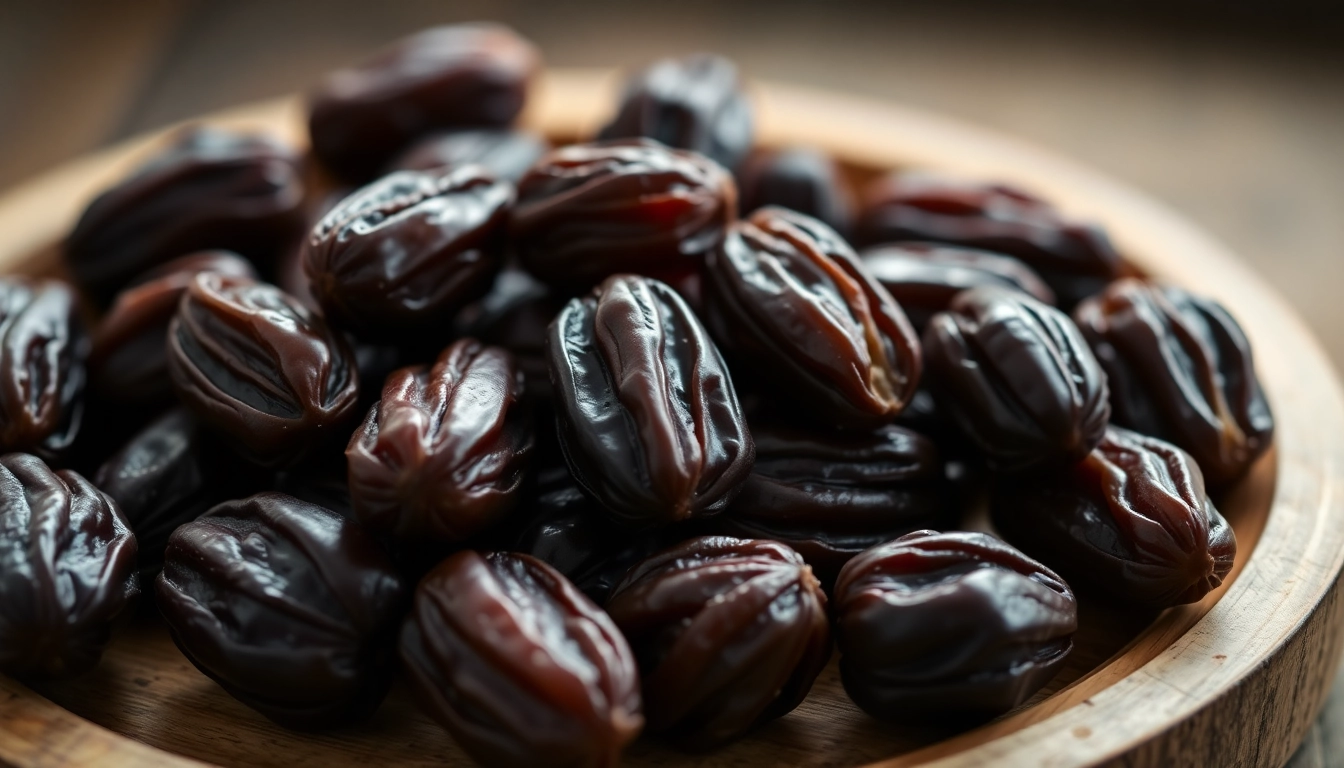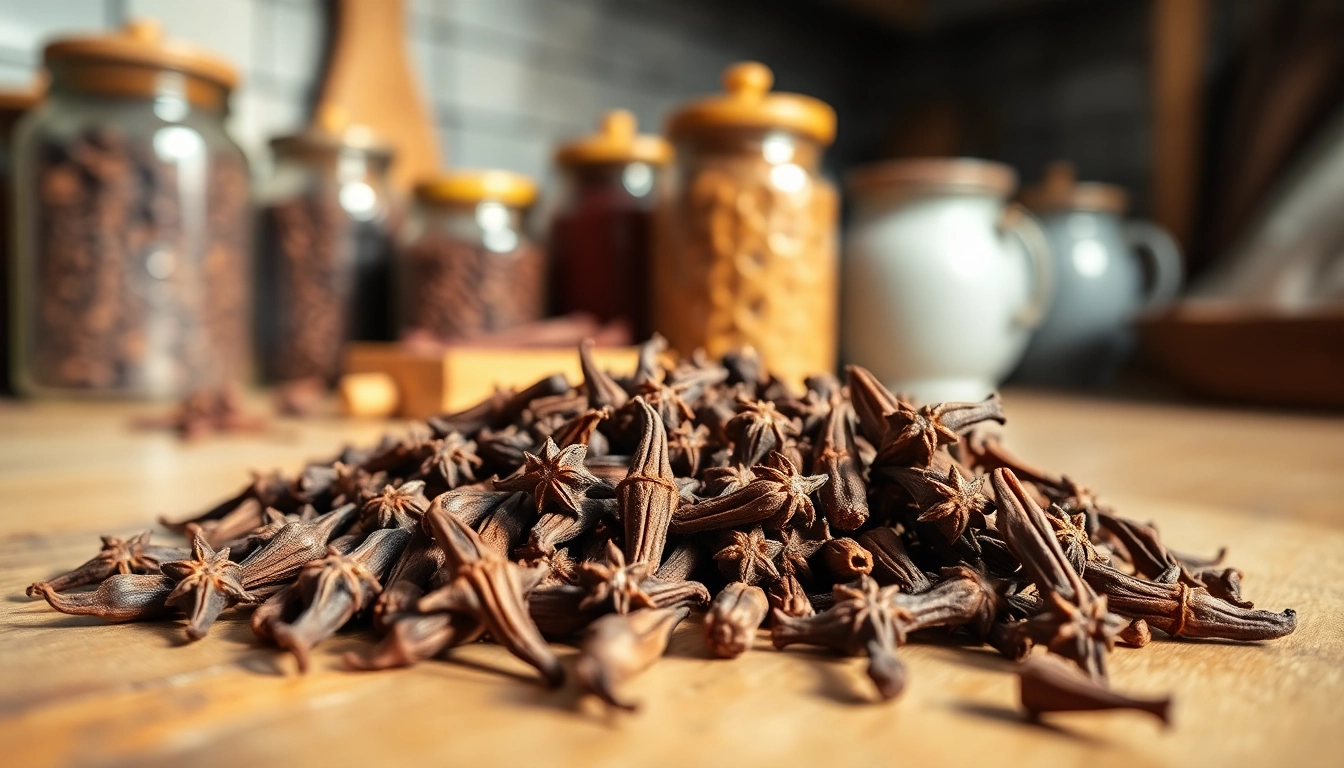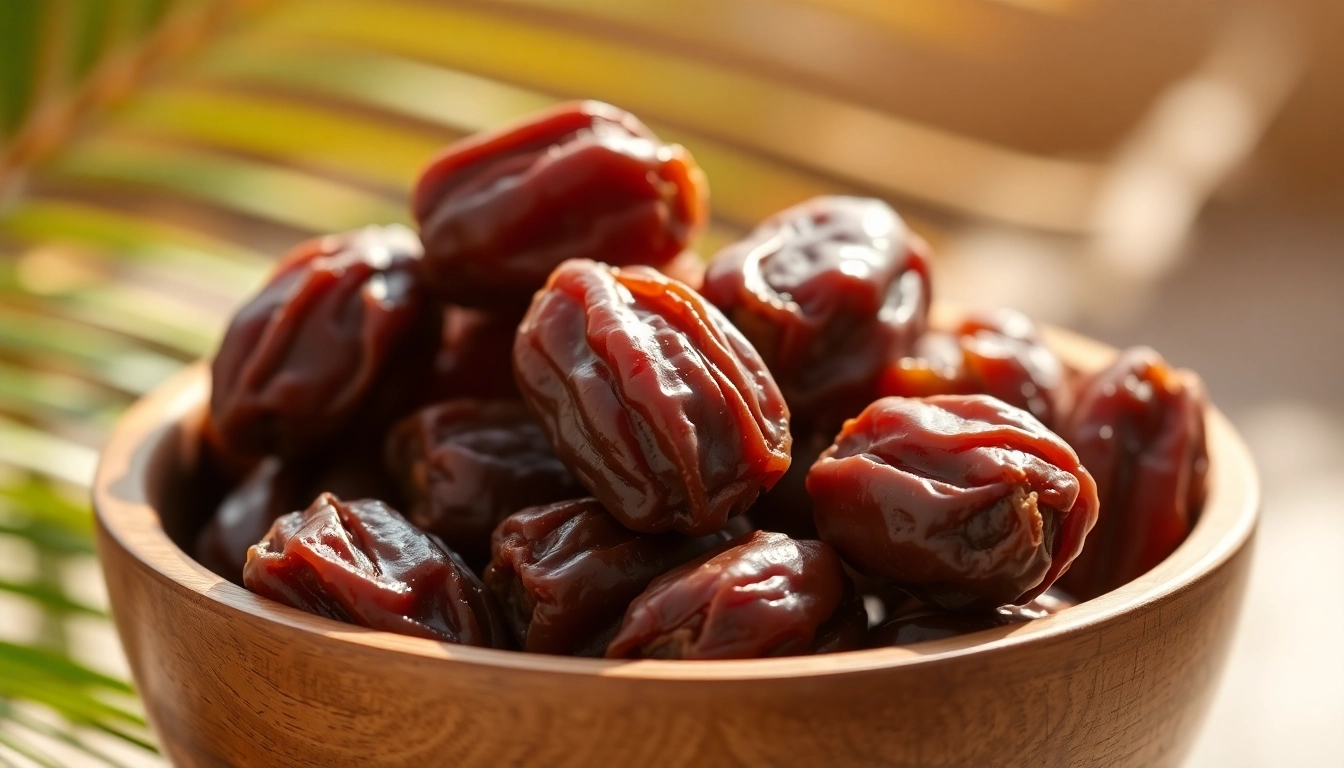What are Ajwa Dates?
Ajwa dates are a unique variety of dates that are highly prized, especially in the Middle Eastern regions. Known for their health benefits and rich flavor, these dates originate from Medina, Saudi Arabia. The Ajwa Dates are oval-shaped, medium-sized, and have a distinct black skin. This cultivation not only fulfills local consumption needs but also caters to a growing international market, exporting thousands of tons of these dates annually. They hold significant cultural and religious importance as well, especially within Islamic traditions.
Origin and History of Ajwa Dates
The history of Ajwa dates is deeply intertwined with Islamic culture and tradition. According to historical accounts, these dates were a favorite of the Prophet Muhammad, who referred to them in various Hadiths as a source of health and nourishment. It is believed that the exceptional conditions of Medina’s climate, along with the care taken by local farmers, contribute to the unique qualities of Ajwa dates. The cultivation of Ajwa dates has been a traditional practice for centuries, passed down through generations, reflecting the enduring legacy of this crop for the local community and the broader Islamic world.
Characteristics of Ajwa Dates
Ajwa dates are notable for their distinct characteristics that set them apart from other varieties. They typically have a chewy texture and a rich flavor profile that combines sweetness with hints of caramel and mild spice. The dates are also smaller in size compared to Medjool dates, yet they pack a potent nutritional punch. The skin of Ajwa dates is dark black and slightly wrinkled, and the flesh is moist and fibrous, making them particularly enjoyable as a snack or a component in recipes.
Varieties of Ajwa Dates
While Ajwa dates are known as a single cultivar, they do exhibit subtle variations depending on where they are grown within Medina and the specific agricultural practices employed. These variations can affect the size, taste, and texture of the dates, with some being sweeter or softer than others. Such diversity allows for a range of culinary uses, making Ajwa both a versatile ingredient and a sought-after delicacy.
Health Benefits of Ajwa Dates
Ajwa dates are not only delicious; they are also packed with numerous health benefits, making them a valuable addition to any diet. Their rich nutritional profile supports various bodily functions and contributes to overall well-being.
Nutritional Profile of Ajwa Dates
Ajwa dates are high in essential nutrients. They are rich in dietary fiber, which promotes digestive health and regularity. Additionally, Ajwa dates contain ample vitamins and minerals, including potassium, magnesium, and vitamin B6, which support a variety of vital processes within the body. The high antioxidant content in Ajwa dates helps combat free radicals, offering protection against cellular damage. This combination of nutrients makes Ajwa dates an excellent snack for health-conscious individuals.
Boosting Immunity with Ajwa Dates
Incorporating Ajwa dates into your diet may provide a significant boost to your immune system. Their rich array of vitamins and antioxidants helps to strengthen the body’s natural defenses against infections and diseases. The presence of flavonoids, carotenoids, and phenolic acid in Ajwa dates has been shown to enhance immune functions, making these dates an excellent addition during flu season or times of high stress.
Ajwa Dates and Digestive Health
The high fiber content of Ajwa dates plays a crucial role in digestive health. Fiber helps to regulate bowel movements, preventing constipation and promoting overall gut health. Furthermore, Ajwa dates contain soluble fiber, which can aid in lowering cholesterol levels and improving gut microbiota. Studies suggest that regular consumption of fiber-rich foods like Ajwa dates can lead to improved digestion and a reduced risk of colon-related diseases.
How to Incorporate Ajwa Dates into Your Diet
Incorporating Ajwa dates into your daily meals is both easy and rewarding. Their unique taste and texture can enhance a plethora of dishes, making them a flavorful, healthy addition to your diet.
Delicious Recipes Featuring Ajwa Dates
Ajwa dates lend themselves to a variety of recipes. Here are a few ideas to get you started:
- Stuffed Ajwa Dates: Fill dates with cream cheese or almond butter and top with crushed nuts for a protein-packed snack.
- Ajwa Date Smoothie: Blend Ajwa dates with banana, almond milk, and a scoop of protein powder for a nutritious breakfast or post-workout shake.
- Ajwa Date Energy Balls: Combine chopped Ajwa dates, oats, walnut pieces, and a hint of cocoa powder, roll into balls, and refrigerate for a quick energy boost.
Snacking Ideas with Ajwa Dates
For a quick and healthy snack, Ajwa dates can be enjoyed on their own. Pair them with nuts or cheese for added flavor and texture. You can also slice them over oatmeal, yogurt, or salads for a touch of natural sweetness. Their chewy nature and caramel-like flavor make them an ideal dessert alternative, providing satisfaction without excessive sugar.
Using Ajwa Dates in Smoothies
Adding Ajwa dates to smoothies is a great way to naturally sweeten your beverage while boosting its nutritional content. Simply pit the dates and blend them with your favorite fruits, greens, and a base such as almond milk or yogurt. The result is a creamy, nutritious drink that not only tastes great but also provides a quick energy kick.
Ajwa Dates vs. Other Varieties
While Ajwa dates are exceptional, it’s useful to compare them with other types of dates, notably Medjool dates, to understand their unique benefits.
Comparing Health Benefits with Medjool Dates
Ajwa dates are often considered healthier than Medjool dates due to their lower sugar content and higher levels of antioxidants and fiber. Medjool dates, while sweeter and more calorically dense, are also rich in nutrients but might spike blood sugar levels more significantly than Ajwa varieties. For those mindful of sugar intake, Ajwa dates may be the preferable choice.
Culinary Uses of Ajwa vs. Other Dates
Culinary choices between Ajwa and Medjool dates can depend on the dish. Ajwa dates are ideal for savory dishes due to their unique flavor profile, which complements spices and meat dishes well. Conversely, Medjool dates are often used in sweets and desserts because of their higher sweetness level. Ajwa dates can enhance salads, dressings, and gourmet appetizers, showcasing their versatility.
Price and Quality Comparison of Date Types
Price disparities exist between Ajwa and other date varieties. Ajwa dates, particularly those sourced directly from Medina, may command a higher price due to their reputation, quality, and associations with Islamic culture. When purchasing, look for quality indicators such as freshness, absence of preservatives, and organic certification to ensure you’re getting the best. Consider local markets or specialty shops to find premium options.
Purchasing and Storing Ajwa Dates
To enjoy Ajwa dates at their best, proper purchasing and storage techniques are essential. Here’s what you need to know.
Where to Buy Quality Ajwa Dates
Quality Ajwa dates can be found in specialty Middle Eastern grocery stores, health food stores, and online retailers. Ensure that you read reviews and check for organic certifications when purchasing online. Local farmers’ markets can also be a great place to find fresh dates in season. Always look for vendors that can guarantee the freshness and authenticity of their products.
Storing Ajwa Dates for Longevity
To maximize the shelf life of Ajwa dates, store them in an airtight container in a cool, dry place. They can also be refrigerated to prolong their freshness, especially if you live in a warmer climate. Proper storage will help prevent them from drying out and losing their chewy texture.
Recognizing Quality Ajwa Dates
When selecting Ajwa dates, look for dates that are plump, moist, and dark in color. Avoid any that are overly dry or show signs of crystallization. The aroma should be sweet and rich, indicating freshness. If possible, taste them to ensure that they have a soft, chewy texture and a delicious flavor.



